
Peace Is More Than War’s Absence, and New Research Explains How to Build It
A new project measures ways to promote positive social relations among groups

A new project measures ways to promote positive social relations among groups

People with different perspectives don’t have to butt heads

The 2020 protests made only small differences in the number of presenters

A French physician explains what happened to some of his patients
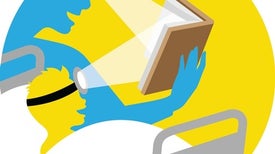
Story time reduced pain and stress
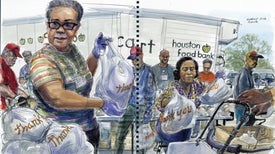
Altruism, spirituality and civic engagement are keys to resilience
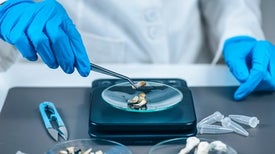
There are three legal pathways to deregulating the drug under the Controlled Substances Act
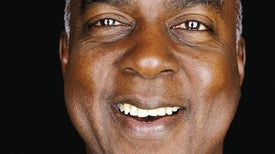
Neuroscientists have uncovered an intriguing subtlety in how we communicate—that is, when we’re not on Zoom
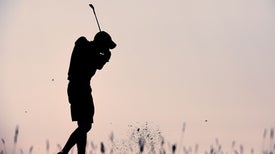
In some situations, don’t pay so much attention
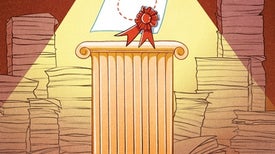
Researchers cite studies that can’t be replicated weirdly often

Who’s caring for the ICU physicians?

Simone Biles drops out of an event, citing the lack of an audience

By not making more of an effort to incorporate spirituality in treatment, we are doing a disservice to patients
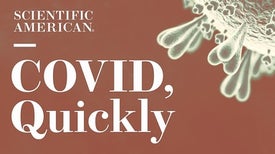
Today we bring you a new episode in our podcast series: COVID, Quickly. Every two weeks, Scientific American ’s senior health editors Tanya Lewis and Josh Fischman catch you up on the essential developments in the pandemic: from vaccines to new variants and everything in between...

COVID deaths are leaving millions bereaved. For some, the intense grief never recedes, making daily life almost impossible

The illegal substance—paired with intensive therapy and hard work—dramatically improves PTSD symptoms
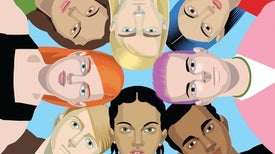
Advances in neuroscience and psychology could lead to real-world benefits in education and mental health

After a year away from friends and co-workers, people sometimes struggle to resume their public routines

With no training, counselors feel unequipped to handle the growing number of people anxious about the climate emergency

Hand movement appears to help in teaching about statistical models
Support science journalism.

Thanks for reading Scientific American. Knowledge awaits.
Already a subscriber? Sign in.
Thanks for reading Scientific American. Create your free account or Sign in to continue.
Create Account